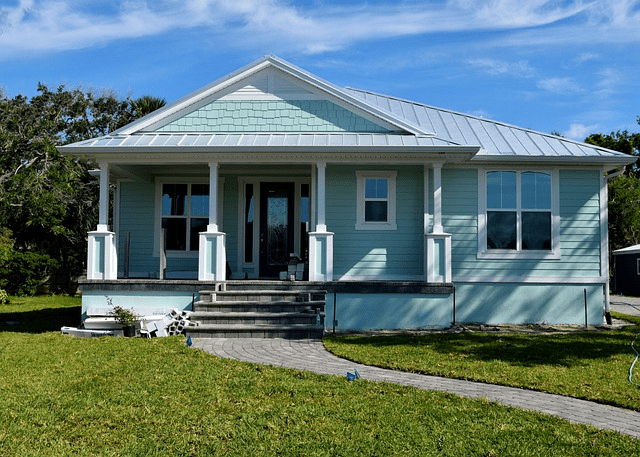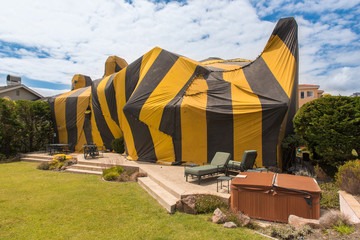Tent Fumigation vs. Local Treatment – Termite Control
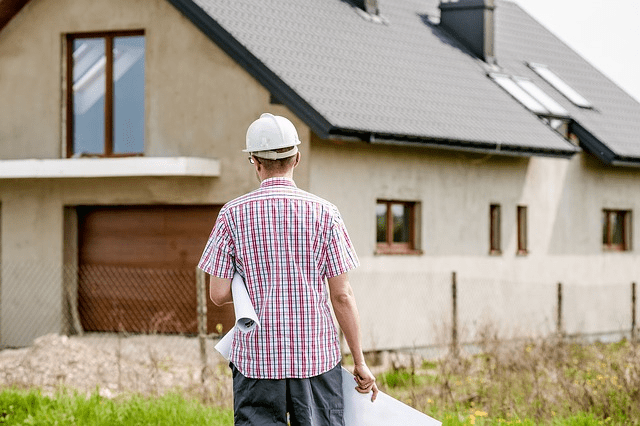
Local termite treatment refers to the application of termite control methods and solutions specifically tailored to address termite infestation in localized areas or regions.
This approach typically involves assessing the unique characteristics of the local environment, including climate, soil type, and prevalent termite species, to develop targeted treatment strategies.
Local termite treatments may include the use of liquid termiticides applied directly to the soil, baiting systems placed strategically to attract and eliminate termite colonies, or local termite treatment to target active termite infestation.
By focusing on the specific needs and conditions of the local area, local termite treatments aim to provide effective and efficient control of termite populations while minimizing environmental impact and ensuring the safety of residents and pets.
Consulting with a local pest control expert is recommended to determine the most suitable treatment approach for addressing termite infestations in your area.
Homeowner Cost by Treatment Type
Cost by treatment type refers to the varying expenses associated with different methods of termite control and eradication.
The cost of termite treatment can vary significantly depending on factors such as the size of the infested area, the matter of severity of the infestation, the type of treatment used, and the location of the property.
Common types of termite treatments include liquid barrier treatments, baiting systems, tent fumigation, and localized spot treatments.
Liquid barrier treatments and baiting systems are typically more affordable options for localized infestations, while tent fumigation may be more expensive due to the extensive preparation and application process required.
Additionally, the cost of termite treatment may also include factors such as labor costs, materials, equipment, and follow-up inspections.
It’s important for homeowners to consult with pest control professionals to assess the extent of their termite problem and determine the most cost-effective treatment option for their specific situation.
Whole-House Termite Treatments
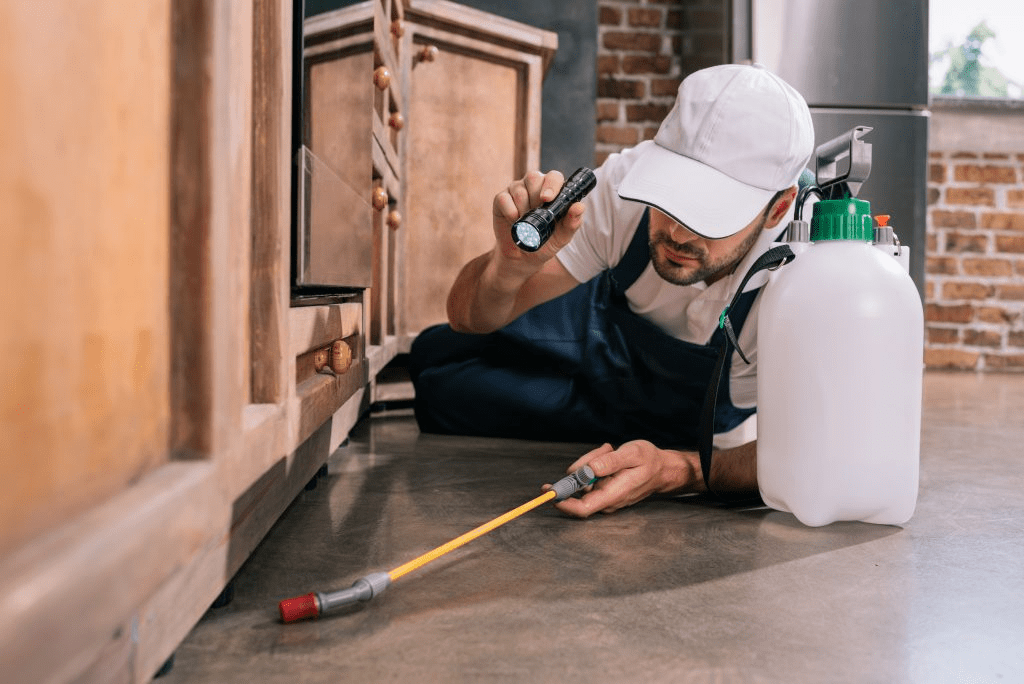
Whole-house termite treatments refer to comprehensive termite inspection control measures designed to protect an entire building from termite infestations.
These treatments aim to create a barrier around the entire structure, preventing termites from entering or infesting the building.
Whole-house termite treatments typically involve the application of liquid termiticides to the soil around the perimeter, forming a protective barrier that repels or eliminates termites on contact.
In some cases, baiting systems may also be installed strategically throughout the property to attract and eliminate termite colonies.
Whole-house termite treatments are recommended for properties with a history of termite problems or in areas prone to termite activity.
Overview of the Fumigation Process
An overview of the fumigation process provides a comprehensive solution for severe termite infestations.
When termite infestation escalate beyond localized treatments, fumigation becomes a necessary step in pest control..
During fumigation, the entire building is tented to create a sealed environment.
Fumigants are then introduced into the enclosed space to eradicate termites and other pests.
Termite fumigation is a highly effective method, ensuring complete pest control and safeguarding the property from future infestations.
Gas Fumigation
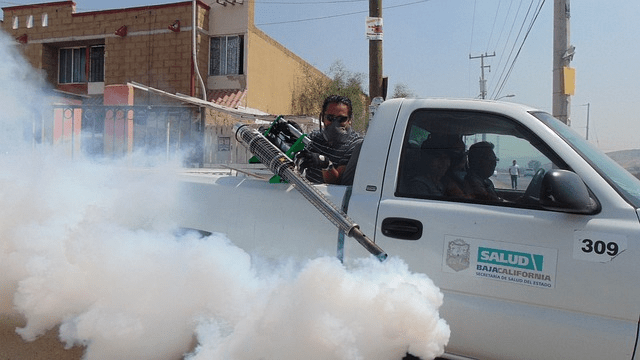
Gas fumigation is a highly effective method employed by pest control professionals to address severe infestations of drywood termites and subterranean termites.
This process involves sealing the structure and introducing fumigants to penetrate deep into the wood, eliminating termites and other pests present.
Gas fumigation is particularly useful for widespread infestations where localized treatments may not suffice.
Unlike local treatments, which target specific areas, gas fumigation ensures comprehensive pest control throughout the entire building.
It’s essential to enlist the services of a reputable company for gas fumigation, especially when dealing with persistent pests like drywood termites and subterranean termites and carpenter ants.
Additionally, pest control today offers a range of termite control products for prevention and eradication future infestations and safeguard your home or business.
Which termite treatment is right for you?
Determining the right type of treatment for your pest infestation depends on multiple conditions, including the severity of the problem and the type of pests involved.
Heat treatment is a treatment method that can be effective for certain types of infestations, particularly those involving bed bugs.
Heat treatment involves raising the temperature in the infested area to levels that are lethal to the pests, effectively eliminating them.
Heat treatment may not be suitable for all pests or all types of infestations.
For example, while heat treatment can be effective against bed bugs, it may not be as effective for carpenter bees, dampwood termites, or termites that cause structural damage.
In such cases, other treatment methods, such as a localized treatment or professional pest control services, may be more appropriate.
Additionally, DIY treatments may offer a temporary solution for minor infestations but may not provide long-term pest control eradication or effectively address structural damage.
Customized treatment plans

Customized treatment plans are essential when dealing with pest infestations such as damp wood termites.
These plans take into account specific issues like the presence of mud tubes, the severity of damage, and the location of infestations in the house, including wall voids.
A local termite specialist will assess the situation and design a tailored approach.
Whole house treatment may be calculated based on linear foot measurements to ensure thorough coverage.
Whole house fumigations are also based on linear foot Moreover, these plans provide long-term protection against future infestations and new colony, offering peace of mind to homeowners.
By targeting new infestations and implementing preventive measures, customized treatment plans aim to eradicate termites and safeguard the property from further damage.
Local Termite Treatment Options
Local treatment options offer effective solutions, particularly when addressing a new infestation of termites in the wood.
This treatment target specific areas of concern, such as wall voids, wood structures where termites and insects may establish colonies. By focusing on localized areas, homeowners can achieve long-term protection against termite damage without the need for whole-house treatment.
The cost guide for these options may vary based on the size of the infestation and the extent of treatment required.
It’s important to note that treatment for termites is crucial, as new colonies can quickly form, especially in inaccessible areas.
Recognizing sure signs of termite activity and promptly initiating treatment can help prevent further damage to the property.
Consulting with a local termite specialist can provide insight into the most suitable treatment options and ensure effective eradication to rid termite infestations.
Termite Infestations That Affect Treatment Costs
Termite infestation plays a significant role in determining treatment costs.
Things such as the severity of the termite infestation, the extent of structural damage, and the size of the affected area can all influence treatment expenses.
The type of termite control products used and the method of treatment selected will impact overall costs.
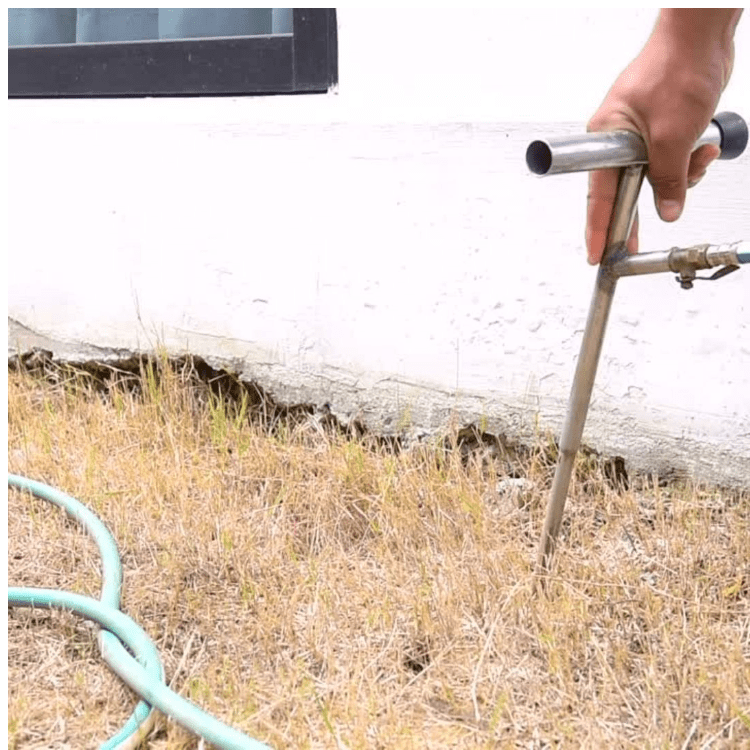
Termite control products, including liquid termiticides, vary in price and effectiveness, contributing to variations in treatment costs.
Furthermore, the presence of inaccessible areas in wood in a house or building or new termite colonies may require additional treatment measures, further influencing expenses.
It’s essential for homeowners to consider these factors when budgeting for termite treatment and to consult with a pest control professional for an accurate cost estimate tailored to their specific infestation.
Local treatment for subterranean termites
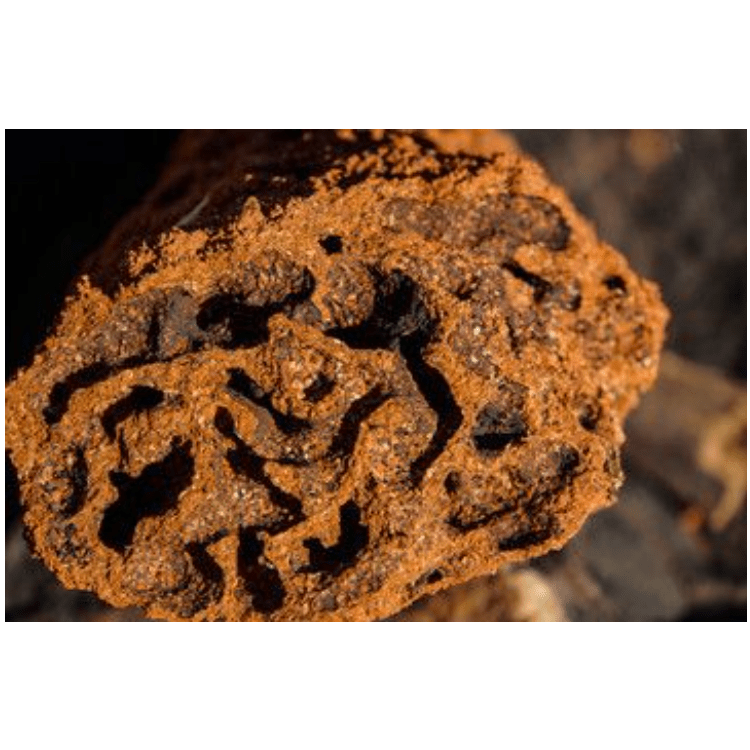
Local treatment for subterranean termites involves targeting the specific areas where these termites are active, typically near the soil or in the foundation of the structure.
This approach focuses on applying termiticides directly to the soil or injecting them into the infested wood to rid all the termites
Bait stations may be strategically placed around the perimeter of the house to attract and eliminate subterranean termites.
Local treatment aims to disrupt termite activity and prevent further damage to the structure while minimizing the impact on the surrounding environment.
It’s important to enlist the services of a professional pest control company to properly assess the infestation and determine the most effective local treatment approach for subterranean termites.
Termite Inspection

A termite inspection is a thorough examination of a your home or office to assess for the presence of termites or any signs of termite activity.
During the inspection, trained professionals carefully examine both the interior and exterior of the property, including basements, crawl spaces, attics, and foundation areas.
They look for visible signs of termites, such as mud tubes, termite droppings (frass), damaged wood, and swarmers (winged termites).
Specialized equipment such as moisture meters and thermal imaging cameras may be used to detect hidden termite activity.
The goal of a termite inspection is to identify any current infestations, assess the type of damage, and provide recommendations for treatment and prevention.
Regular termite inspections are essential for early detection and proactive management of termite problems, helping to protect properties from costly damage.
Local Treatment And The Savings
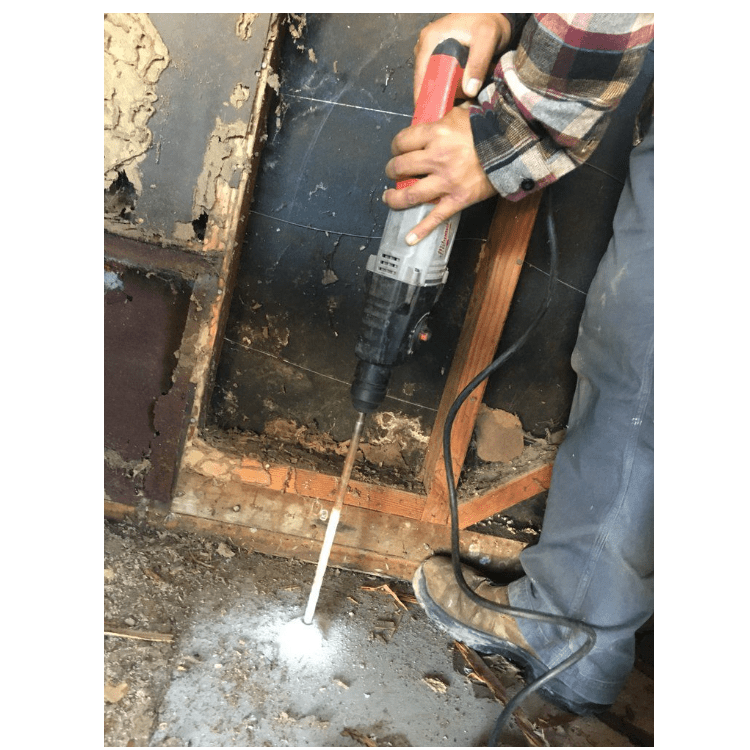
A local treatment refer to targeted termite control plan that focus on specific areas of termite activity.
Unlike whole-structure treatments such as tent fumigation, local treatments are designed to address localized infestations without treating the entire building.
These treatments typically involve applying termiticides directly to infested areas or injecting them into termite galleries within the wood.
Bait stations may be strategically placed around the home to attract and eliminate termites.
Local treatments are often preferred for addressing smaller or isolated termite infestations, as they can be more cost-effective and less disruptive than whole-structure treatments.
However, the effectiveness of local treatments depends on accurately identifying and targeting termite activity, making professional assessment and treatment essential for successful termite control.
Once the termite-infested area has been treated, it’s crucial to monitor the situation closely.
The effectiveness of the treatment may vary depending on factors such as the type of termiticide used and the extent of the infestation.
Regular inspections are necessary to ensure that termites haven’t returned and that the treated area remains termite-free.
Access to the treated area should be limited to prevent disturbances that could compromise the treatment’s efficacy.
Additionally, maintaining good ground drainage can help prevent future termite infestations by reducing moisture levels, which attract termites.
Taking these precautions is essential to protect your property from the destructive effects of termites and preserve its structural integrity.
When considering a termite control service, it’s important to choose a company that prioritizes the well-being of your family and home.
Look for an exterminator who is experienced, licensed, and knowledgeable about termite behavior and treatment options.
Schedule regular inspections, service and treatments to ensure ongoing protection against termites.
A reliable termite control service will work with you to develop a customized treatment plan tailored to your specific needs and concerns.
By investing in a professional termite control service, you can safeguard your family and home from the damage caused by these destructive pests.
When hiring an exterminator to address pest infestations, it’s crucial to ensure they use safe and effective methods to exterminate correctly.
Professional exterminators should be trained in the proper methods in application of pesticides to ensure that they effectively target pests while minimizing risks to humans, pets, and the environment.
By using regulated pesticides and following established safety protocols, exterminators can ensure that your home and family remain protected while pests are eradicated.
Hiring a reputable exterminator ensures that your property is treated effectively and that pests are exterminated without putting your health or safety at risk.

